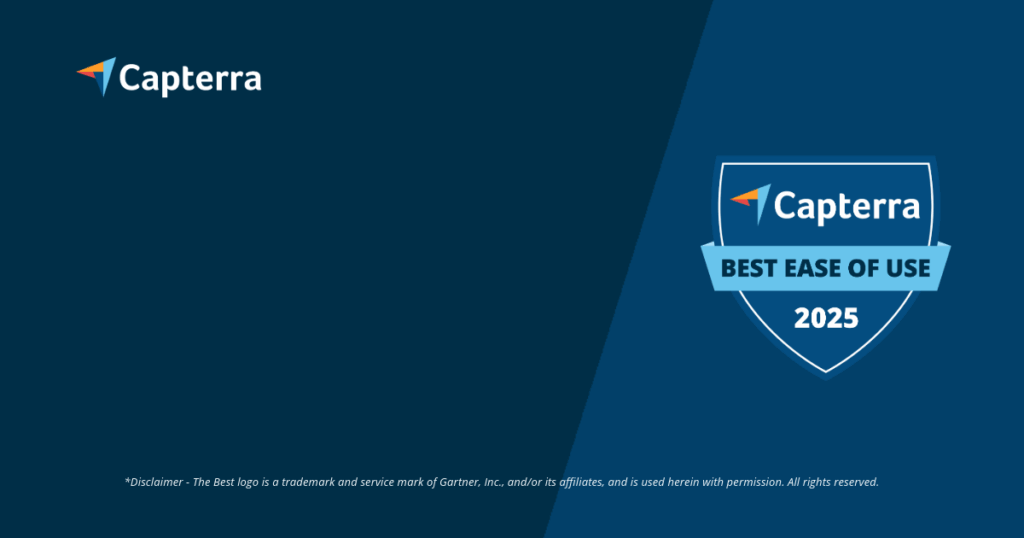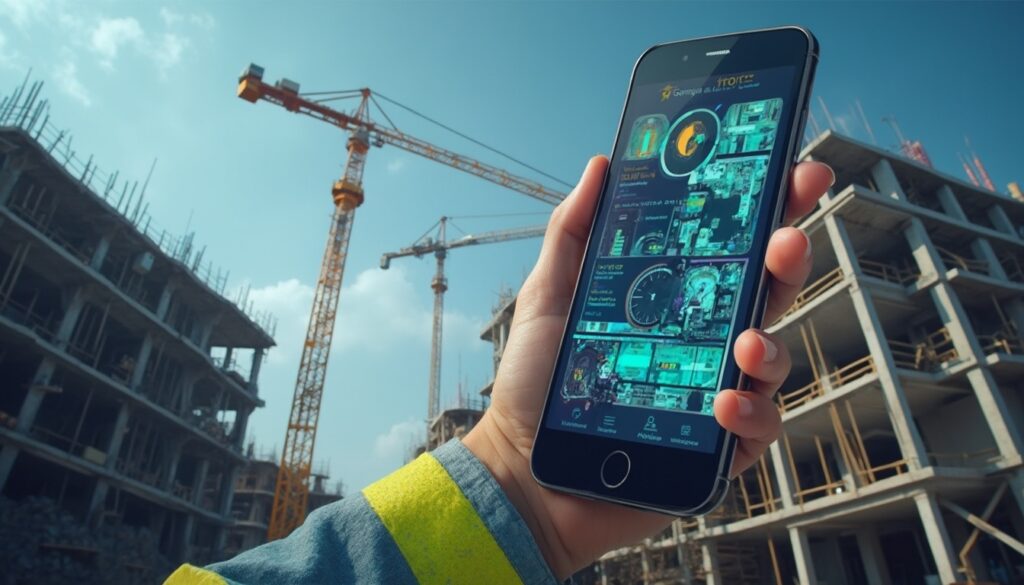In the fast-paced world of the construction industry, the digitization of construction management opens up entirely new opportunities and challenges. Advancing technology allows for a transformation that ranges from automating construction journals to optimizing all processes. Such innovation not only leads to increased efficiency at all levels but also helps effectively tackle the numerous challenges that project managers face daily. Given the ever-increasing pressure to complete projects faster, more cost-effectively, and with higher quality, the digitization of construction management becomes an indispensable success factor.
This comprehensive guide highlights the various benefits of digitization in construction management, starting from efficient communication and collaboration, through automated documentation and reporting, to the use of artificial intelligence (AI) and the provision of language support through real-time translation. With the introduction of advanced software, not only is the management of a construction journal simplified, but also a transparent and efficient handling of all daily construction reports is ensured. This facilitates a smooth flow of information and precise planning that meets the demands of the modern construction industry.
1. Efficient communication and collaboration
The importance of digitization in construction management
The digitization of construction management fundamentally optimizes communication channels. By using advanced software like Valoon, which seamlessly integrates into existing messenger services, participants can communicate more efficiently. This integration allows interaction directly via popular platforms like WhatsApp or Telegram, without additional installations and always in compliance with data protection regulations.
Advantages of messengers
Messenger services offer significant advantages for the construction industry through their real-time application. They not only facilitate the immediate transmission of messages and documents but also the structured collection and preparation of project information. By utilizing AI-powered digital assistants within these platforms, repetitive communication is reduced. Valoon’s intelligent project companion automatically answers standard questions and provides relevant information, further enhancing efficiency and optimizing the use of digitized construction management.
2. Automated documentation and reporting
The digitization of construction management enables essential improvements in documentation and reporting through the use of automated systems. These technologies capture data in real-time and transform the way construction progress is documented and reported.
Real-time data collection
The implementation of advanced construction software revolutionizes the collection of project information. Systems like Valoon utilize machine learning to automatically capture and categorize information. This automated collection ensures comprehensive documentation of all relevant data generated on the construction site. By using AI for image categorization and anomaly detection, patterns and irregularities can be identified early and addressed promptly.
Automated construction progress
Valoon not only facilitates documentation but also automates reporting. The software automatically generates construction daily reports by transforming captured construction progress data into structured reports. This significantly reduces the time spent on report creation and increases data accuracy. By automatically generating reports, project managers can ensure that all stakeholders are promptly and accurately informed about the project status.
These automated processes significantly contribute to increased efficiency and help project managers keep track of and maximize productivity on the construction site.
3. Use of artificial intelligence (AI)
The use of artificial intelligence (AI) in construction management transforms the construction industry through advanced analytics and automation capabilities. These technologies allow project managers to work more efficiently and precisely by analyzing complex datasets and deriving actionable insights.
AI-powered assistance
AI-driven systems provide comprehensive support in managing construction projects. They analyze incoming data in real-time and deliver decision-making aids based on historical data and current trends. These systems can also function as digital assistants that automate routine tasks, thereby reducing the workload of project managers. By automating repetitive processes, they enable a more focused use of human expertise for critical tasks.
Image categorization and anomaly detection
Another significant advantage of AI in the digitization of construction management is its ability for image categorization and anomaly detection. Advanced algorithms allow AI systems to analyze and classify images from construction sites, enabling a swift identification of problem areas. This technology detects irregularities that might escape the human eye and alerts management so that corrective measures can be taken quickly. This significantly contributes to the minimization of risks and quality assurance in construction projects.
Through the integration of these AI functions into the digitization of construction management, processes are not only accelerated and simplified, but accuracy and safety on construction sites are also enhanced.
4. Language support and real-time translation
Bidirectional translation
The implementation of an AI-based, bidirectional real-time translation in the Valoon app revolutionizes communication on construction sites. This technology allows participants to communicate in their preferred language while content is automatically and seamlessly translated into the recipient’s language. This enhances the efficiency and accuracy of communication among team members with different language backgrounds.
Overcoming language barriers
By utilizing Valoon’s real-time translation capabilities, language barriers are effectively overcome, leading to improved collaboration and communication at all levels of construction projects. The ability to instantly translate instructions, safety protocols, and technical details minimizes misunderstandings and increases safety on the construction site. This significantly contributes to optimizing workflows and improving product quality.
Conclusion
The digitization of construction management paves the way for groundbreaking improvements in efficiency, accuracy, and communication within the construction industry. By applying advanced technologies such as artificial intelligence, automated documentation, and real-time data processing, project managers can plan and execute projects more precisely. The adoption of software and digital tools not only simplifies information management but also enhances decision-making through the availability of real-time data and analyses. This transformation promises a significant increase in productivity and a reduction in time and costs while simultaneously enhancing the safety and quality of projects.
In an industry that is constantly evolving and facing new challenges, the use of such innovative technologies has become indispensable. The possibilities of digitization in construction management are extensive and allow for maximizing efficiency on construction sites and fostering teamwork across language boundaries. In light of this advanced approach, it is crucial for professionals in the construction industry to familiarize themselves with current digital tools and utilize them effectively. Contact Valoon now and book a demo, to fully leverage the benefits of digitization in construction management and pave the way for the success of future construction projects.








